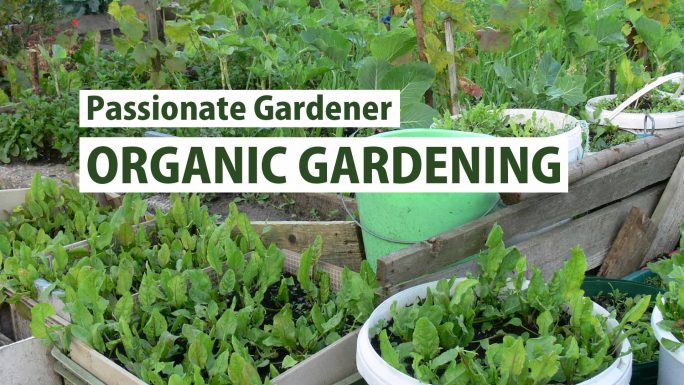One of the benefits (if you can call it that) of chemically-enhanced produce is that it grows bigger, faster and cheaper than organic produce. But the risk factor involved is just too much for some people to live with, and thus they attempt to grow their own produce organically. If you fit this bill, check out these gardening tips.
A great way to deal with weeds in a safe and nontoxic way, is to use a spray bottle of diluted dish soap to treat areas with overgrowth in your garden. Use a ratio of one tablespoon of mild dish soap per 16 ounces of water. Spray the weeds once a day and with in a week they should shrivel up and be easier to pull out.
Make sure your seeds have enough room to grow. It is fine to have many seeds in one container before they sprout, but you will have to replant them as they grow. Use containers that are actually big enough for one plant, and avoid having more than one plant in each container.
You should organize your garden and plan everything. Do not buy seeds if you do not know where you will plant them. You need to plan on the long term for certain plants, and on the very short term for short-lived plants that will need to be replaced very quickly.
Vegetable
If you want to grow vegetables, but do not have the room, consider planting vegetables that grow on a vine. Vegetables like squash, melons, and tomatoes can be trained to grow up along a trellis or fence. You can make use of vertical space to get the vegetable garden that you want.
Use companion plants. Companion planting is the pairing of plants within your vegetable garden, such as planting cabbage with tomatoes. Companion planting helps reduce the problems with insect pests, as it attracts natural pest-controlling wildlife. Companion planting is also a better use of the space in your garden, since you basically have two plants in the same plot.
Fruits
You will need to rotate the plants on a regular basis when you have an indoor organic garden. Plants need to get light from all directions in order to grow properly. If they are not rotated, plants will bend toward a light source, which can actually cause them to produce less fruits and vegetables, than they would have if they had been rotated.
Make easy work of washing your organic produce with a laundry basket. As you pick your produce, lay them in a plastic laundry basket, which works as a strainer. Hold the hose over the top and the water can make quick work of rinsing all the dirt and other matter off of your fruits and veggies.
Soil
Making your own compost for organic gardening is extremely simple and easy to do. It provides soil of gardens with rich nutrients and keeps soil cool during summer months. You can use kitchen waste, sawdust, aquarium water, coffee grounds, tea leaves, rabbit or hamster droppings, a thin layer of lawn clippings, spices and eggshells in your compost.
When first growing a garden, attempt to put as much effort into the first bed as possible. Land that hasn’t been used for a while needs an overhaul to begin changing into a viable spot for plants. Usually these regions either lack the right nutrients or consistency of soil. If you plan to make a garden out of patch, make sure that it has all the right pre-conditions to planting.
Mass-produced food will always have its own advantages, but it may not be worth it to you or your family to risk your health for a few extra dollars in savings. If you decide to grow organically, however, you can save hundreds while ensuring that everything you eat is fresh and healthy. Just use these tips to help you grow.

